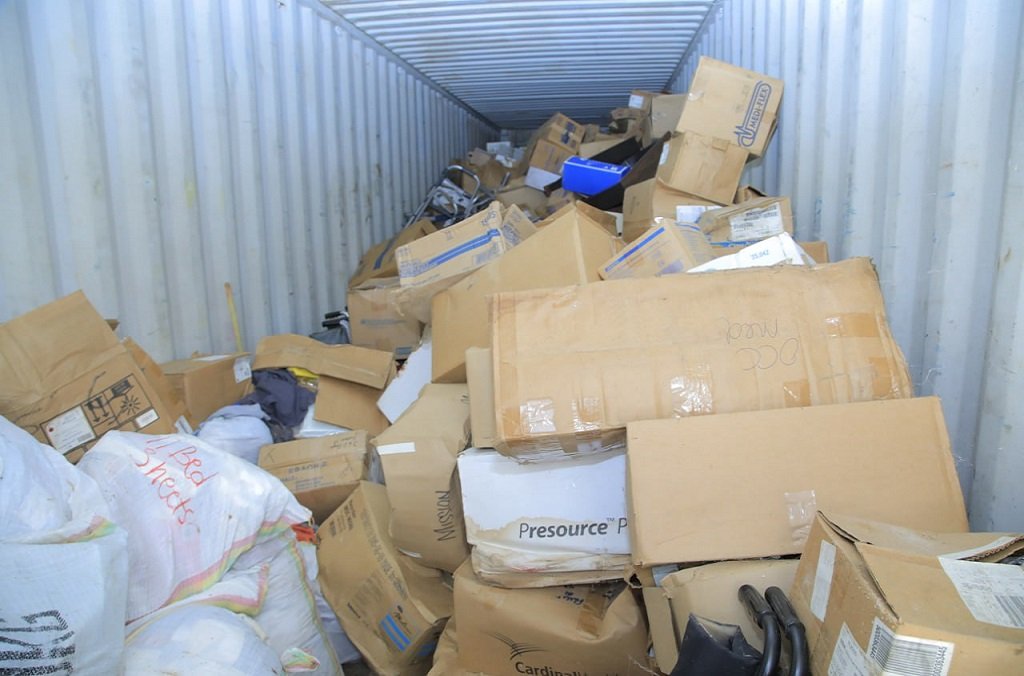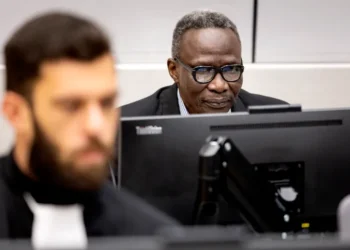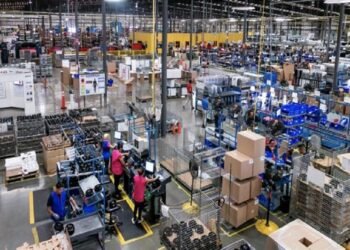INTERPOL announced on Thursday, June 26, that a global crackdown on pharmaceutical trafficking has resulted in the arrest of 769 suspects and the seizure of counterfeit drugs valued at $65 million.
The operation, known as Operation Pangea, is being hailed as the largest in its 17-year history and underscores the scale of the growing threat posed by illicit medicine worldwide.
Between December 2024 and May 2025, law enforcement agencies across 90 countries worked in concert to confiscate 50.4 million doses of fake and illegal medication and dismantle 123 criminal groups involved in the illicit pharmaceutical trade.
“The rapid growth of online platforms has made it easier for these unsafe drugs to reach people as well as opening new opportunities for criminal networks to exploit,” stated David Caunter, Director of Organized and Emerging Crime at INTERPOL.
Anti-anxiety drugs, Parkinson’s medications, and erectile dysfunction treatments were among the most common products seized. INTERPOL’s press release revealed that 93% of these substances had no approval from national health authorities, while the rest were either misbranded or outright counterfeit.
Caunter emphasized the threat these products pose to global health
“Fake and unapproved medications are a serious risk to public health. They can include dangerous or illegal ingredients potentially resulting in severe illness, or even death.”
David Caunter
The consequences are particularly dire in Africa, where limited access to formal healthcare systems has led to widespread reliance on informal and often unsafe alternatives.
In Burkina Faso, authorities uncovered 816,000 illicit tablets — mostly painkillers and anti-inflammatory drugs — stashed in vehicles, showcasing the scale and reach of pharmaceutical smuggling.

Rising Drug Crisis In African Regions
Operation Pangea extended across 18 African nations, including Nigeria, Ghana, Morocco, South Africa, Rwanda, and Ethiopia. The presence of organized trafficking networks in these countries reflects not only the demand for fake medications but also the region’s role as both a source and transit route for narcotics.
INTERPOL noted that traffickers are employing increasingly advanced techniques to evade detection. The World Health Organization (WHO) added that “the rise of online purchases and informal markets makes it hard to monitor and control the distribution of these products.”
According to the United Nations Office on Drugs and Crime (UNODC), fake medicine is responsible for nearly 500,000 deaths annually in sub-Saharan Africa. Among these, over 169,000 fatalities are linked to illegal antibiotics administered to treat childhood pneumonia.
Alongside fake medicine, Africa is also facing a dramatic surge in substance abuse. The UNODC’s 2024 World Drug Report paints a grim picture of the continent’s shifting drug landscape. What was once a region dominated by cannabis has now become a breeding ground for harder substances, including heroin, cocaine, methamphetamine, and pharmaceutical opioids like tramadol and codeine.
West and Central Africa now report the highest cannabis usage globally, with nearly 10% of the population — about 31 million people — identified as users in 2022, more than double the global average. The region has also become a major transit point for narcotics en route to Europe.
The abuse of prescription opioids, especially tramadol and codeine, is rapidly increasing among youth in urban hubs such as Lagos and Accra. A regional analysis revealed staggering prevalence rates of 44% for alcohol, 30% for tramadol, 6% for cannabis, and 11% for codeine. Methamphetamines and amphetamines are also gaining popularity, alarming health experts because of their highly addictive nature.
The fallout from this drug crisis is severe — spanning increased HIV/AIDS rates, mental health disorders, spikes in violent crime, and the unraveling of community stability. With rehabilitation services sparse and public health systems underfunded, there’s an urgent call for comprehensive interventions, robust regulation, and enhanced cooperation among African governments to address the multifaceted threat.
READ ALSO: Nana Yaa Jantuah Questions Suspended Chief Justice’s Christian Integrity





















